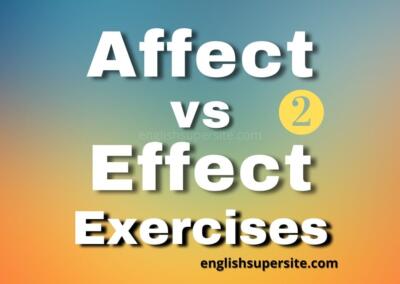
Adverbs
Adverbs: Modify Verbs, Adjectives, and Other Adverbs
Adverbs provide more information about verbs, adjectives, or other adverbs. They often describe how, when, where, or to what degree an action occurs. For example, in the sentence “She runs quickly”, “quickly” is the adverb that tells how she runs. Adverbs can also modify adjectives (e.g., “very tall”) or other adverbs (e.g., “quite slowly”). They are a key part of making sentences more detailed and dynamic.
Learning to use adverbs correctly enhances your ability to express actions, qualities, and intensities in both speech and writing.

Adverbs of Frequency | English Super SiteAdverbs of frequency are adverbs of time.Adverbs ...

Learn here the basics of English Grammar. Parts of Speech are nouns, pronouns, adjectives, verbs, adverbs, ...

Adverbs of time, still, yet, and already express the idea of continuation or completion in reference to a previous ...

Still - Yet - Already - Exercises 1 - Quiz. Score in Real-Time. Complete the sentences below by choosing the ...

Transition Words and Linking Words describe the relationship between two statements, phrases, sentences, or paragraphs.
Related Posts

The Present Continuous is a verb tense we use to express that an ongoing action is happening now. It gives a sense ...

Affect vs Effect - Exercises 2 - Practice exercises with affect and effect in English. Affect or Effect - Quiz 2. ...

Common Mistakes in English 4. Here you will find common mistakes that the average English student commonly makes. ...


